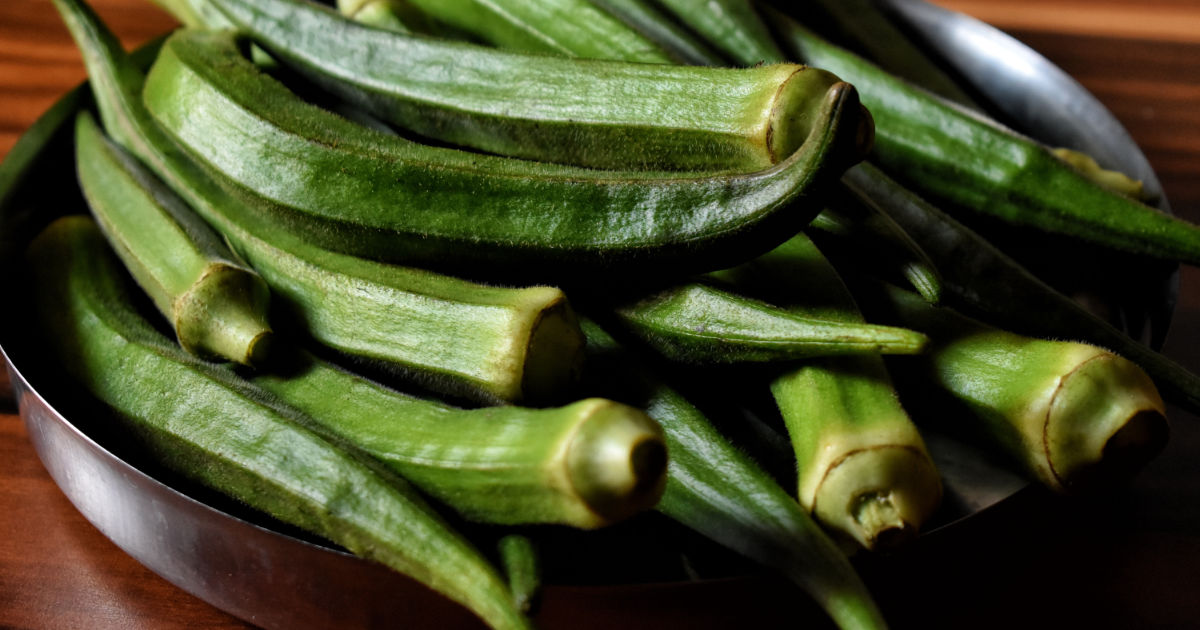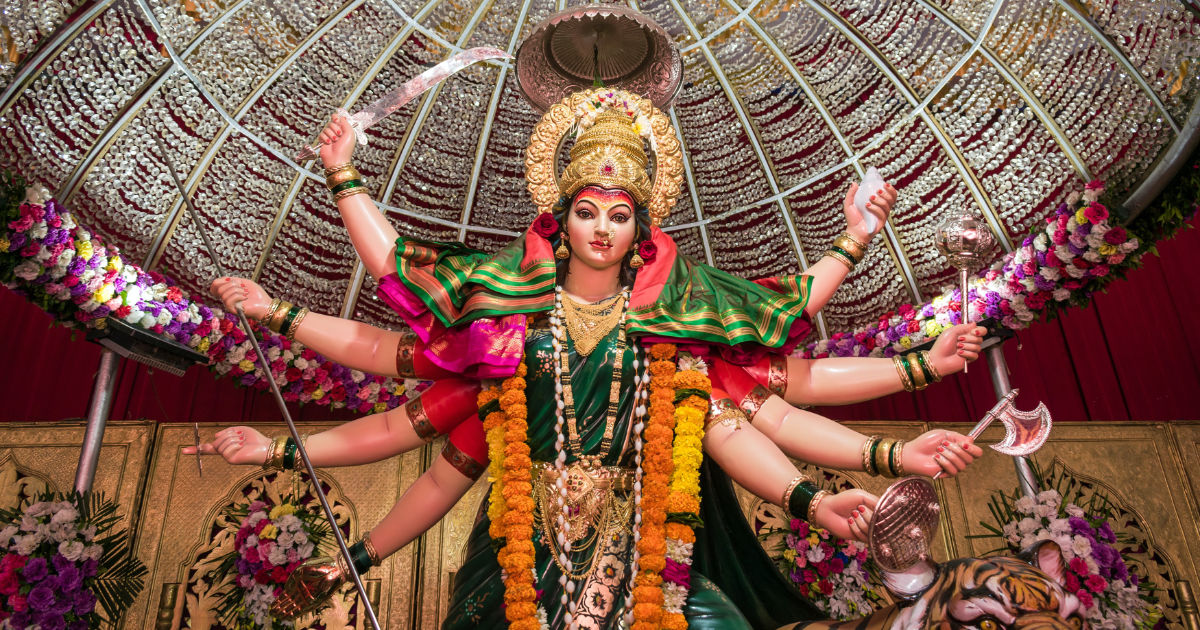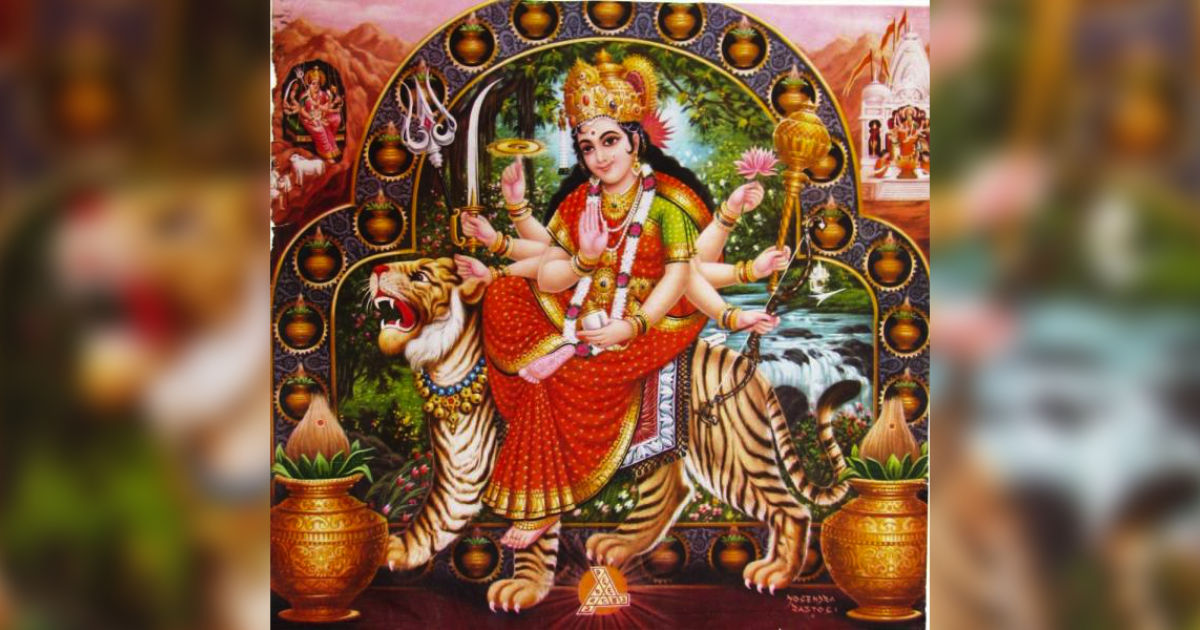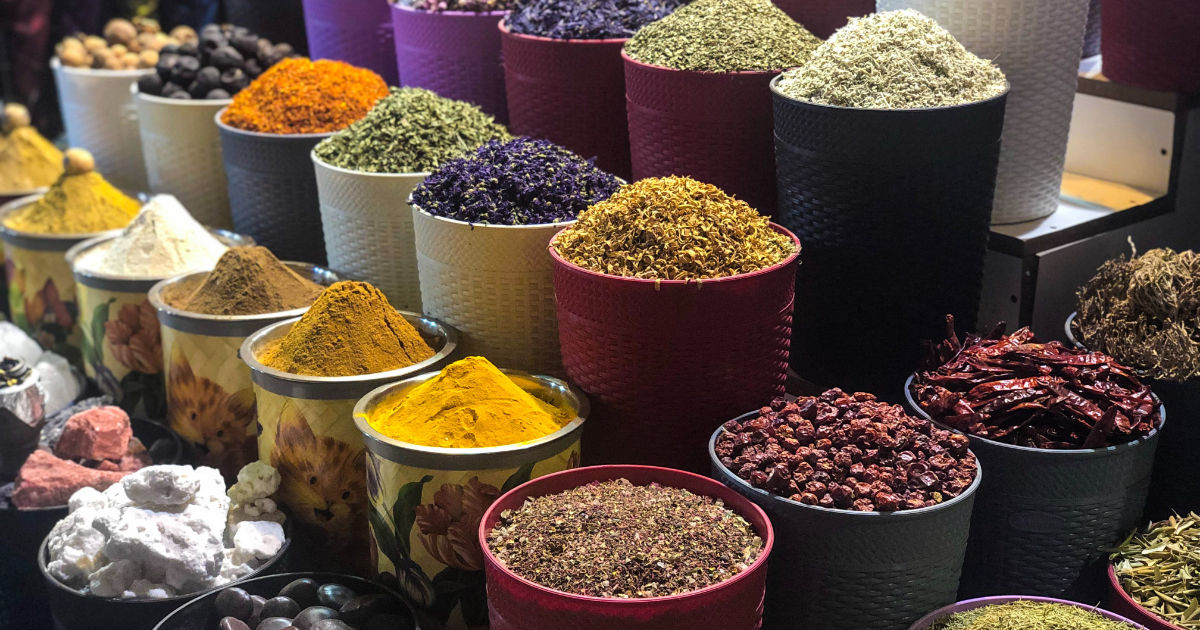Govardhan Puja is celebrated a day after Diwali. What is special about it? A Govardhan Parvat is made from Cow dung and people worship cows. The story behind it is that great festivities were going on in Braj. Braj is a region on both sides of the Yamuna with its center at Mathura. Continue reading
Tag Archives: indra
704 – Pitru Paksha Shradh
An important Hindu ritual
Pitru means ancestors. Paksh refers to a lunar phase (fortnight). In the lunar month there are two pakshas or fortnights, suklapaksha (bright fortnight) and Krishnapaksha (dark fortnight). Shradha means a Hindu rite performed on behalf of departed ancestors. Pitru Paksha Shradha is a ceremony in which devotees pay homage to their dead ancestors. Various rituals are observed. Pitra means dead ancestors and these rites enable their souls to rest in peace. Offering food in the name of the ancestors is the most important part of the ceremony. Continue reading
696 – Nasadiya Suktam, pt. 2
Part 2 of the Hymn of Creation.
10. From that Sacrifice, the Cosmic offering,
Issued forth Rcas (individual stanzas) and Sama-hymns;
From that were born rhythmic meters,
From that also Yajus came. Continue reading
642 – Worship of Gau Mata
Why we worship Gau Mata?
Greatness of Gau Mata (Mother Cow) is associated with Aditi, the mother of all Gods in the Hindu Scriptures.
The Vedas with their six limbs, pada (foot) and krama (to go step by step) reside in the mouth of the Cow.
Hari and Keshava reside on the horns. Hari and Keshava are Vishnu’s names.
Skanda resides on the belly. Skanda is the first born of Shiva. Continue reading
383 – Visualization from the Devi Sukta
Why is the Devi Sukta important?
It brings spiritual and material wellbeing to the believer, listener, and the reader. If one is neither and is only a believer in the power of The Goddess, then the visualization will help. The Devi Sukta destroys all illusions in one’s mind. The Devi Suktam cleanses one’s mind of all apprehensions and suspicions.
It removes all the misfortunes and imperfections of the devotees. A suktam is a hymn in praise of the deity intended a collection of very beautifully composed incantations is called a sukta. Continue reading
190 – Hindu Gods and the significance of their vehicles
Every important Hindu God has an animal as its vahana (vehicle). They are never without them. In Sanskrit vahana means that which carries or that which pulls. These vahanas are either animals or birds and they represent the various spiritual and psychological energy that bears the Gods. The vahana may wear a saddle upon which the deities sits, or they may pull a chariot, driven by the deity. Continue reading
120 – The favourite food of the Gods
Ganesha’s favourite food is modak which are dumplings made from rice flour, stuffed with coconut and jaggery. The reason why it is considered so special is because it was first offered to Shiva and Parvati by the junior gods. It was said that if this special offering was consumed by anyone, he would have the power of understanding the scriptures and be master of all knowledge. Parvati being a mother wanted both her sons to have it. However they refused to share it. They were given a task and whoever completed the task, first that person would get the modak. Continue reading
Vedanta Story: Indra, Prajapati and Virochana – Chandra speaks
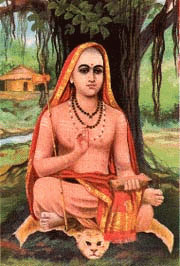 Vedanta is often taught in stories. In this Vedanta Podcast, Chandra Cohen tells his favorite Vedanta story. This story is about the Creator, Prajapati. The King of Gods, Indra, and the King of Demons, Virochana, approached Prajapati, to receive Knowledge. Chandra explains, how Prajapati taught, and how Indra gained the Highest Knowledge, while Virochana remained in ignorance. This story comes from the Upanishads, and was commented by Sankara. Masters like Swami Sivananda, Ramakrishna and Swami Dayananda told this story in many variations. Chandra has a very lively and profound way, to tell this story. And you will get some insight on the main question of life: Who am I? This Vedanta Podcast episode is the first a series of short answers of Chandra to questions posed by Sukadev of Yoga Vidya Ashram Germany.
Vedanta is often taught in stories. In this Vedanta Podcast, Chandra Cohen tells his favorite Vedanta story. This story is about the Creator, Prajapati. The King of Gods, Indra, and the King of Demons, Virochana, approached Prajapati, to receive Knowledge. Chandra explains, how Prajapati taught, and how Indra gained the Highest Knowledge, while Virochana remained in ignorance. This story comes from the Upanishads, and was commented by Sankara. Masters like Swami Sivananda, Ramakrishna and Swami Dayananda told this story in many variations. Chandra has a very lively and profound way, to tell this story. And you will get some insight on the main question of life: Who am I? This Vedanta Podcast episode is the first a series of short answers of Chandra to questions posed by Sukadev of Yoga Vidya Ashram Germany.
Podcast: Play in new window | Download
Subscribe: RSS


